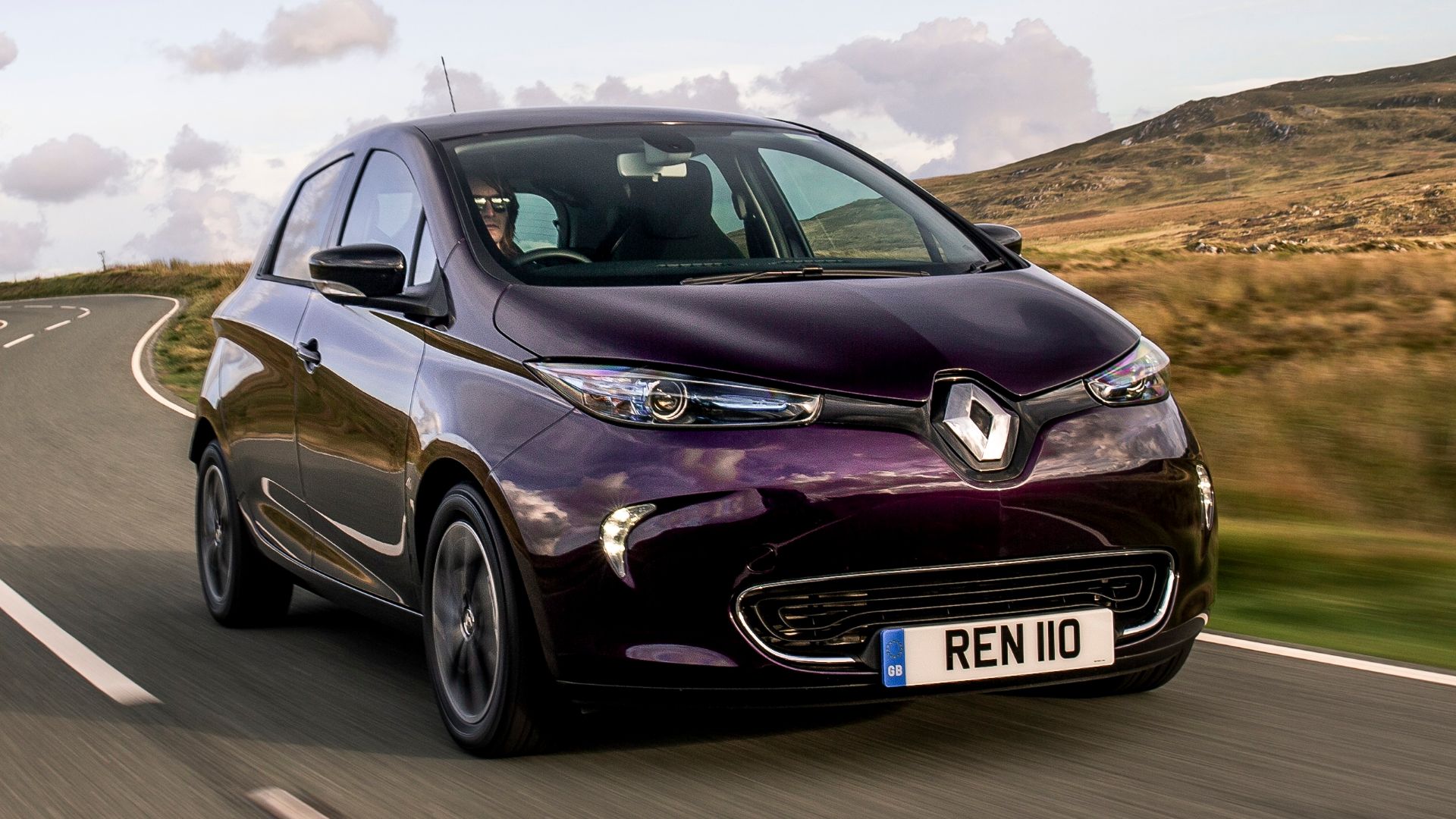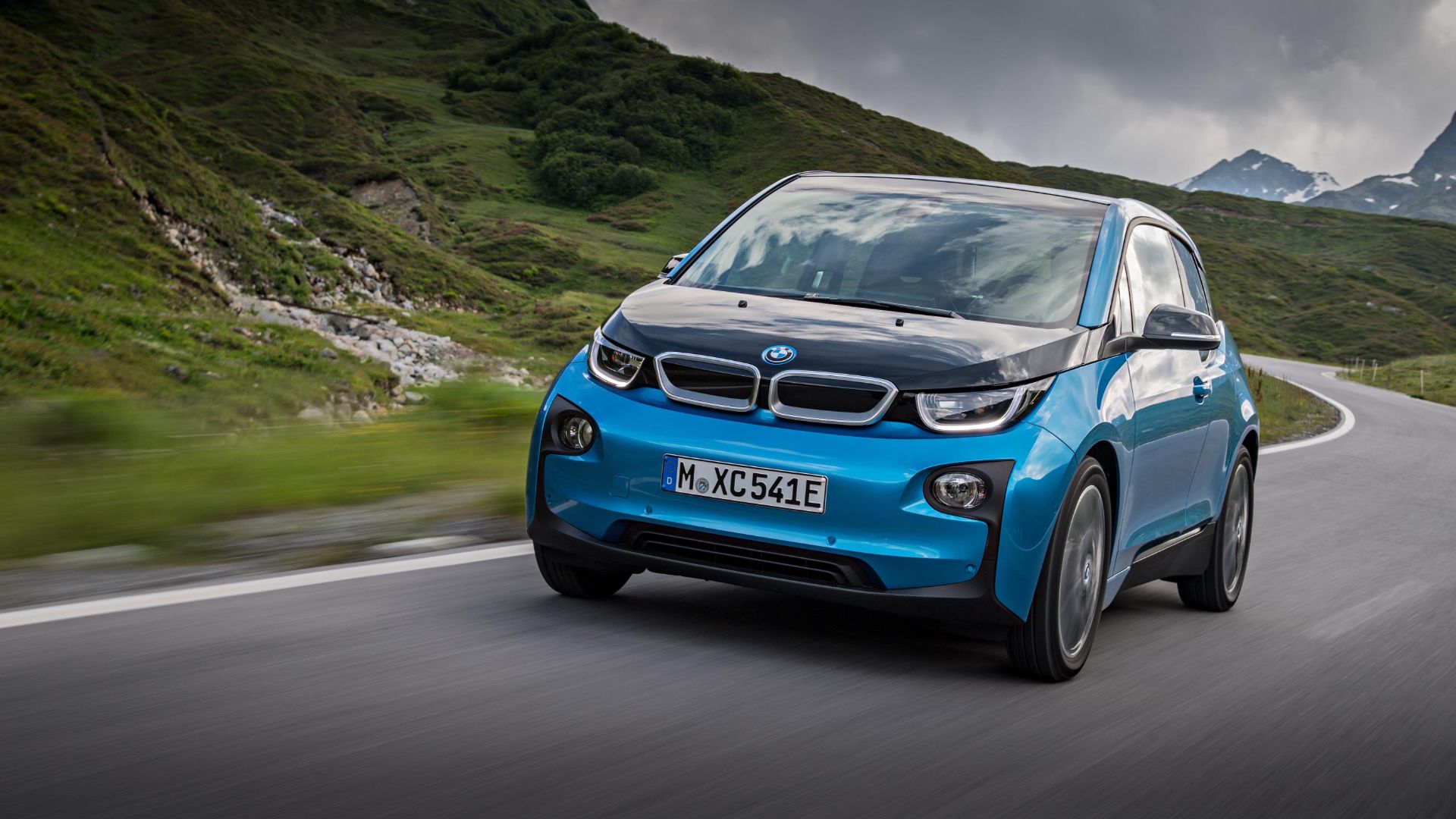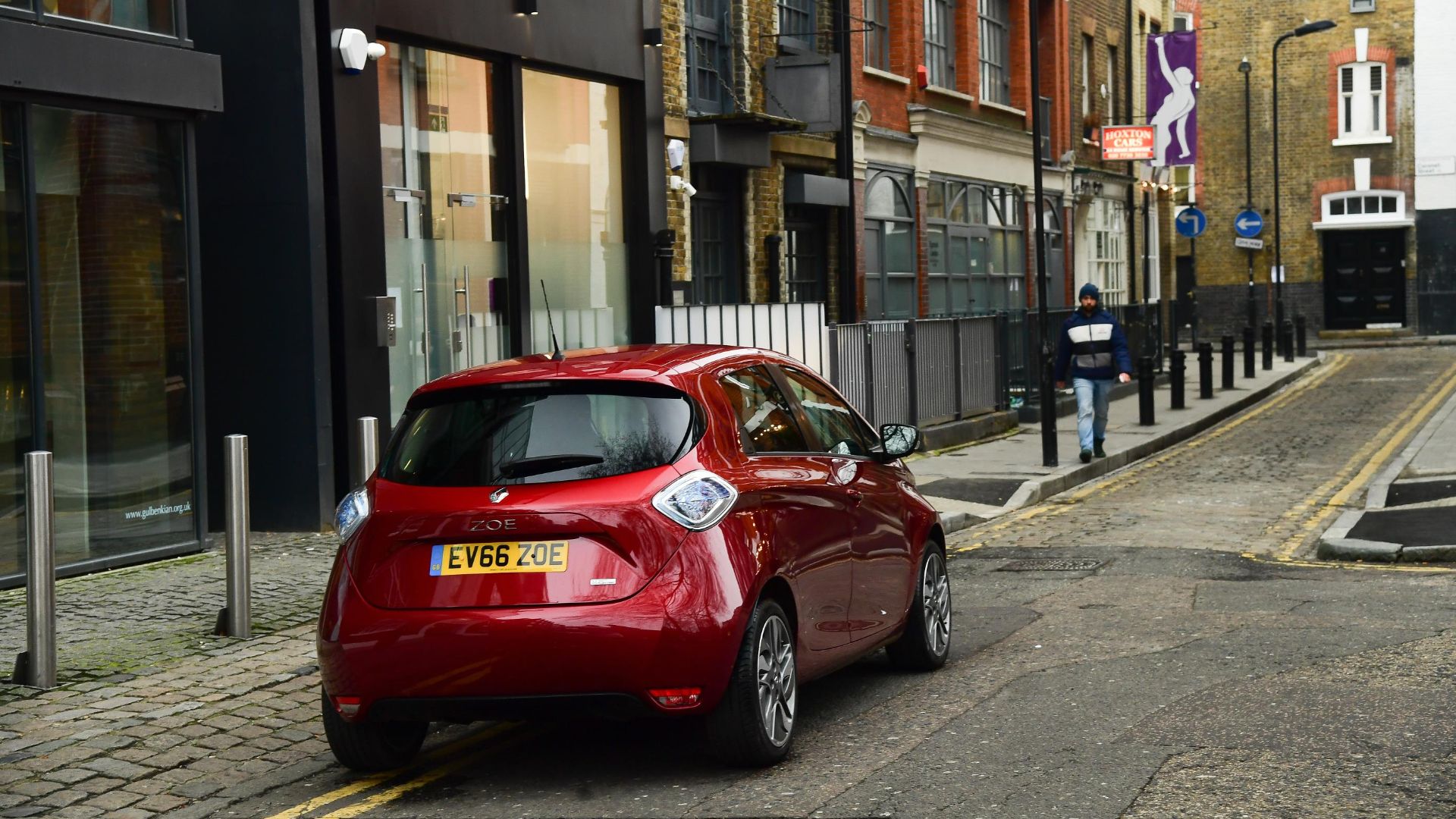
New research by Cargurus has highlighted the rising popularity of electric cars in 2019. Bucking all conventional trends with regard to mainstream consumer vehicles, some electric cars have actually increased in value.
Using online used car listings data, Cargurus has looked at prices for the four most popular electric vehicles on its site: the BMW i3, Nissan Leaf, Renault Zoe and Tesla Model S.
Comparing prices for the last three years, since the start of 2017, months-long streaks of maintained and even increased value were observed. Near-on universally, electric cars outperformed their petrol and diesel-powered equivalents in terms of value retention.
The 2015 Zoe was the champion of the value stakes. Since January 2017, it has risen 18 percent in value, from £6,425, to £7,612. Since this January, it’s gained 14 percent. An equivalent-age oil-burning hatch lost 22 percent of its value over three years, from £9,165 to £7,160.

It’s not quite such a triumphant story for the likes of the BMW i3: 2015 models lost 14 percent on average over the last 2.5 years, from £17,445 in April 2017, to £15,006 in November 2019. That said, it has gained one percent over the course of this year overall.
In January 2019, this age of i3 on average was worth £14,800. For comparison, an equivalent-age Mini lost 18 percent of its value between April 2017 and now, and 14 percent over the last year.
Find the full table below, where it seems that the more expensive the electric cars get, the less well they fare. Cargurus has a theory on this.
Electric versus normal car values
|
|
|
IMV
Jan 2017
|
IMV
Jan 2019
|
IMV
Nov 2019
|
Value change since Jan 2017
|
Value change Jan-Nov 2019
|
|
Electric supermini car
|
Renault Zoe (2015 model year)
|
£6,425
|
£6,683
|
£,7612
|
+18%
|
+14%
|
|
Petrol/diesel equivalent
|
Ford Fiesta (2015 model year)
|
£9,165
|
£8,184
|
£7,160
|
-22%
|
-13%
|
|
Electric premium supermini car
|
BMW i3 (2014 model year)
|
£17,445
(Apr 2017)
|
£14,800
|
£15,006
|
-14% (since Apr 2017)
|
+1%
|
|
Petrol/diesel equivalent
|
Mini hatchback (2015 model year)
|
£10,815
(Apr 2017)
|
£10,253
|
£8,862
|
-18% (since Apr 2017)
|
-14%
|
|
Electric family car
|
Nissan Leaf (2015 model year)
|
£11,512
|
£11,498
|
£10,438
|
-9%
|
-9%
|
|
Petrol/diesel equivalent
|
Volkswagen Golf (2015 model year)
|
£16,130
|
£13,063
|
£11,576
|
-17%
|
-11%
|
|
Electric luxury car
|
Tesla Model S (2015 model year)
|
£57,746 (Oct 2017)
|
£48,961
|
£40,957
|
-29% (since Oct 2017)
|
-16%
|
|
Petrol/diesel equivalent
|
Mercedes-Benz S-Class (2015 model year)
|
£50,783 (Oct 2017)
|
£41,213
|
£32,166
|
-37% (since Oct 2017)
|
-22%
|
Cargurus says that as electric cars have grown out of their infancy over the last couple of years, and popularity has grown, this value anomaly is the result. In 2017, electric cars were arguably less desirable than they are now.
As public awareness, faith and interest in electric cars has increased, so has demand, and so the disproportionate loss of value the Zoe experienced when it was new, has near-enough reversed. Demand for new electric cars is up, too, even given their increased expense. Year to date, SMMT figures show that demand has increased by 125 percent.

“Our data shows that the residual values of EVs have turned a corner as an increasing number of buyers are starting to take advantage of the benefits of electric motoring, such as the low running costs and easy driving manners of cars like the Nissan Leaf and Renault Zoe,” said Chris Knapman, Cargurus editor.
“With the market changing so quickly it can be hard to judge what’s a fair deal, which is why the price analysis and deal ratings offered by CarGurus are such powerful tools. With this technology to hand, consumers wanting to move into the world of electric motoring can feel confident of paying a fair price.”